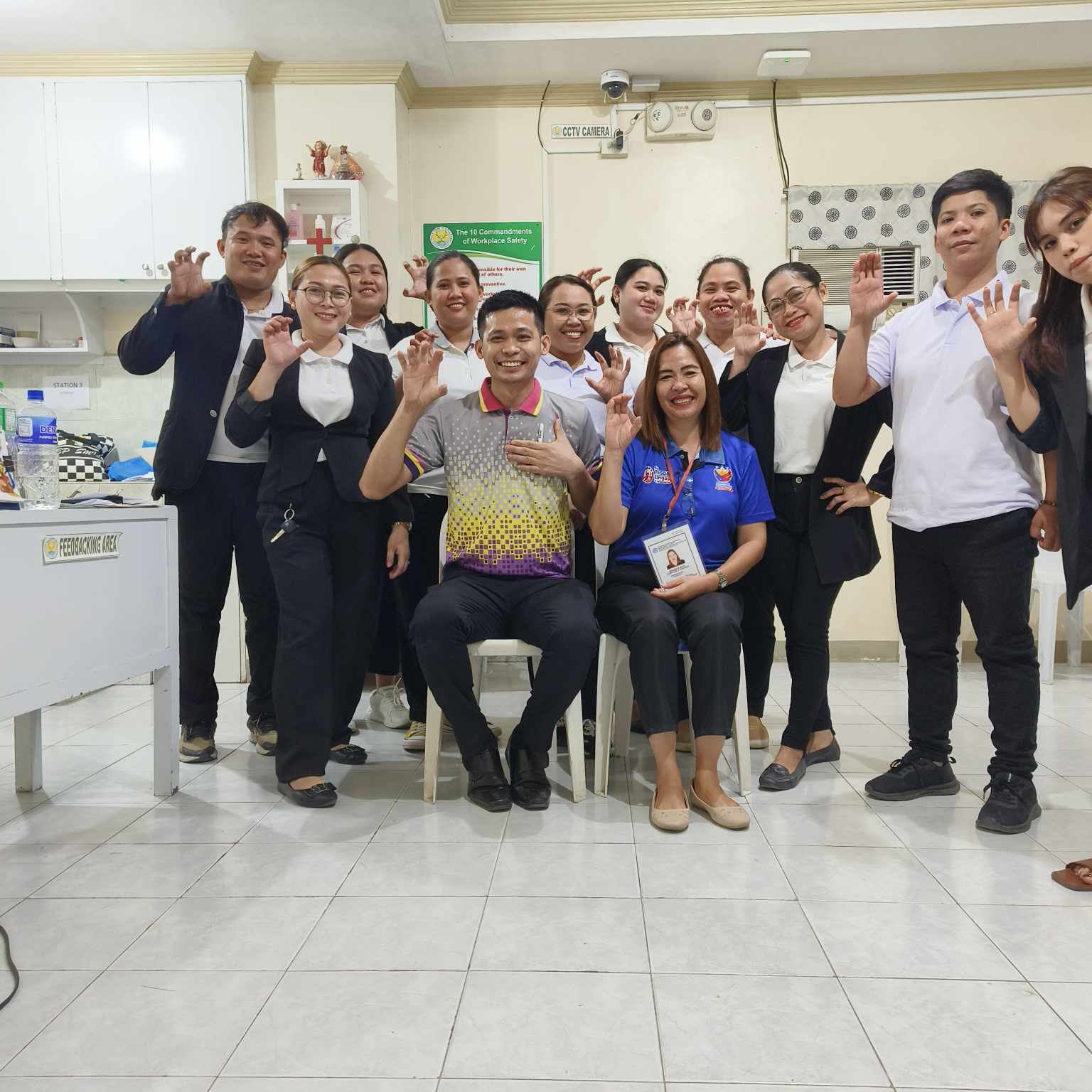Skills Development and Certification Program

Holy Trinity College of General Santos City continues to open its doors and host events for inclusive and transformative education through its various programs, like the public vocational training. A specific example is the April 7 to May 31, 2025 program, where HTC hosted the Housekeeping NC II Training under the TESDA Training for Work Scholarship Program (TWSP), welcoming twenty scholars into a blended learning experience that combined online instruction with hands-on sessions at the college’s Housekeeping Laboratory. This initiative directly supports SDG 4: Quality Education, which promotes equal access to affordable technical, vocational, and tertiary education for all.
Guided by certified National TVET Trainer Mr. Romel Resurricion, the scholars underwent intensive training every weekday from 1:00 PM to 9:00 PM and weekends from 8:00 AM to 5:00 PM. The curriculum covered essential competencies for hospitality roles, including guest room preparation, public area cleaning, valet and laundry services, and managing guest interactions with professionalism and care. The program culminated in the Housekeeping NC II National Assessment held on June 7–8, 2025, where all participants successfully earned their National Certificate Level II (NC II), a credential that qualifies them for employment in hotels, resorts, hospitals, and other service-oriented industries both locally and abroad.
The activity aligns with the following SDGs:
- SDG 4: Quality Education. The program ensures equal access to affordable and quality technical, vocational, and tertiary education, including university-level training.
- SDG 8: Decent Work and Economic Growth. The event promotes youth employment and skills development by equipping scholars with competencies for local and international hospitality careers.
- SDG 10: Reduced Inequalities. The activities empower marginalized groups by offering free, inclusive vocational training open to the public, regardless of background or enrollment status.
This training exemplifies HTC’s role as a community-centered institution that opens its campus to the public through executive education programs and vocational training. By hosting these events within university grounds and making them accessible to non-enrolled individuals, HTC ensures that education is not confined to traditional academic pathways but extends to practical, career-building opportunities. These programs are part of HTC’s broader strategy to foster lifelong learning, workforce readiness, and social mobility.